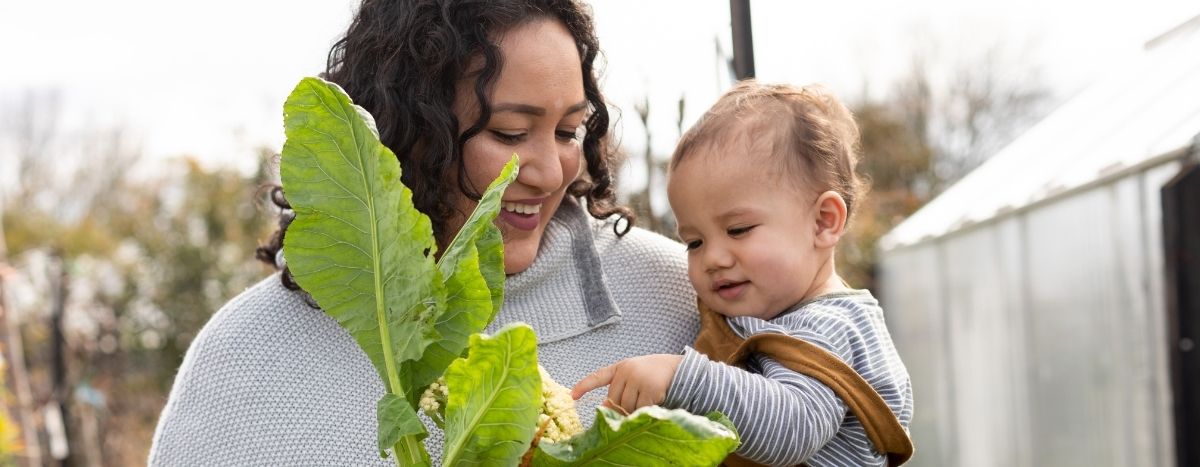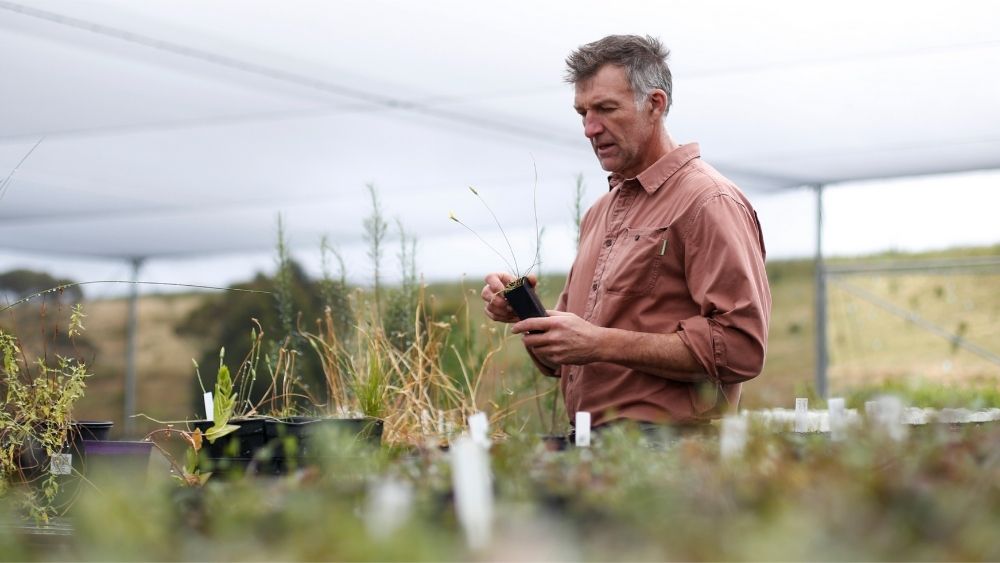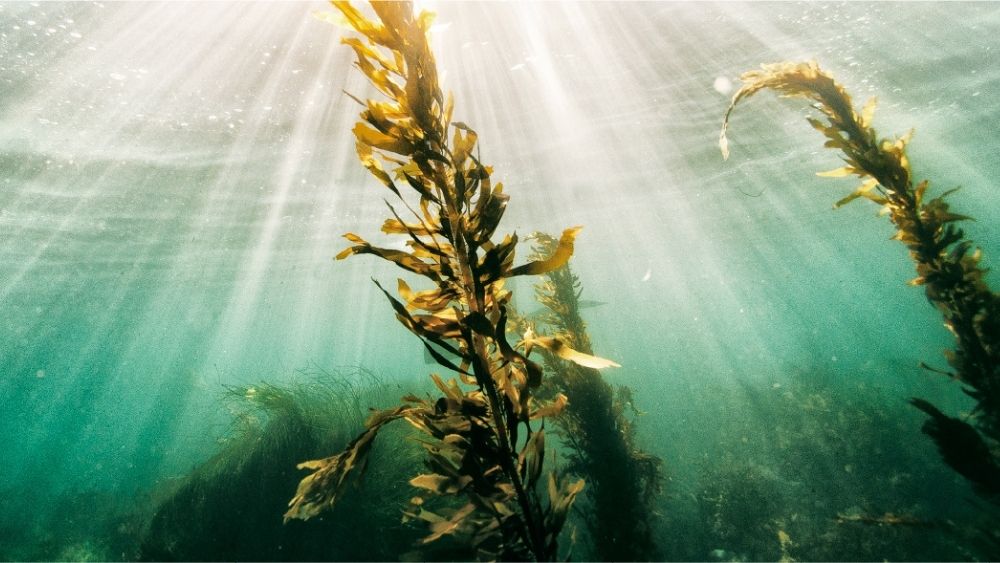Reduce food waste
Food waste is a glaring issue around the world. New Zealand households throw away 156,389 tonnes of food every year1 – that’s enough to feed the population of Dunedin for nearly three years!
The next time you’re shopping for groceries, consider what food products your household will fully consume, and which ones usually end up half-eaten and in the bin. By cutting down on unnecessary purchases, you’ve already won half the battle – and your wallet will thank you too.
If you have extra veggie scraps, try adding them to a compost bin or starting a worm farm. It’s an amazing way to utilise organic material that would otherwise end up in landfill, and you’ll feed your garden in the process. Food waste contributes between 6-8% of human-caused greenhouse gas emissions, so by feeding your compost or worm farm instead you’ll be playing an active role in helping to minimise this.
Conserve water usage where possible
Water is our most precious resource. Check your taps and toilet cisterns for leaks – a leak can waste over 1,000 litres of water each day2. It’s a daunting (and expensive) number when compared to an average 5kg washing machine, which uses about 120 litres of water per wash.
One easy way to cut back on water usage is to limit your shower times and avoid baths. A three-minute song on the radio is a great estimate to remind you when it’s time to dry off.
If you’re shopping for new appliances, choose water-efficient products by referring to their water rating labels. A great example is a low-flow showerhead, which can reduce water flow by almost half while providing the same pressure as a regular showerhead.
Turn your appliances off when not in use
The simplest tips can often be the most overlooked. It’s simple to leave the TV, computer or air conditioning on while you handle another task, and completely forget to switch it off until hours later. These add up over time and quietly contribute to your household’s carbon footprint.
A lot of appliances switch themselves into standby mode after a period of inactivity – but they’re still consuming power. Remember to turn your devices off fully at the wall socket when you’re not using them, and your wallet will thank you later.
As with water efficiency, look for electricity efficiency labels on appliances when you’re comparing different products, and select one that best benefits the environment – and in return your power bill.
Find cleaner ways to travel
Save yourself some petrol money by taking public transport whenever possible. For an even greener option, cycle or walk to work if possible – these activities double as great ways to earn AIA Vitality Points.
If you’re looking to purchase a more fuel-efficient vehicle, visit Right Car New Zealand3 to compare fuel performance and the environmental impacts of different types of vehicles. You could potentially save money and reduce carbon emissions at the same time.
Grow your own produce
Growing your own produce is a great way to contribute to sustainability. It doesn’t take much to get started, and it’s great for your mental health4.
Read our guide on how to grow produce at home here. Don't worry if you don’t have a garden – a container on a balcony or a pot along the windowsill works just as well.
Consider planting New Zealand native trees
Planting native flora increases local biodiversity, makes your garden look great and doesn’t require much work at all. You don’t need to plant a towering Kauri or Totara to make a difference on the eco system around you. If you’re short on space consider one of our many native flaxes, a Cabbage Tree, Corokia or even a graceful Nikau. Not sure about planting one yourself? Donate a tree through Trees That Count and they’ll get it planted for you. For more info on planting or donating native trees visit www.treesthatcount.co.nz
If you’re an AIA Vitality member you can help support our charity partner, Trees That Count. Trees That Count is a conservation charity which has been championing native tree planting for over 20 years. They work with businesses, communities and everyday Kiwis with a vision to help plant 200 million native trees across our country which will restore native bush, waterways and help combat climate change.
Footnotes:






